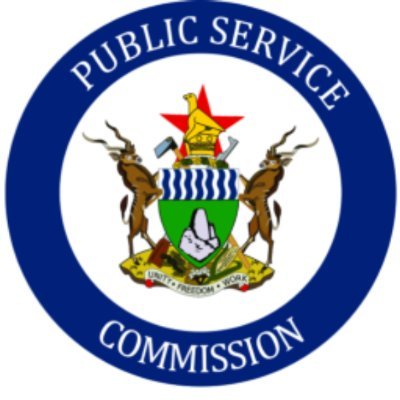The government says it will soon avail performance-based awards for duty-committed civil servants, in a development widely viewed as a tactic to hoodwink the demoralised workers into improving their work rate.
Public Service Commission deputy chairperson Nokuthula Ndiweni told Provincial Heads at the Mhlahlandlela government complex Tuesday that the initiative was meant to transform civil service.
“We want to transform a civil servant. We want a civil servant who is fit for purpose, ethical, who is performance oriented and who is citizen-centric. Someone who does not think about themselves but those they serve. So, that’s why we are introducing performance-based awards so that we can reward those who perform well and those who do not perform well will be punished by not receiving anything.”
Ndiweni further explained: “The Public Service Commission working with the Minister of Finance as well as the office of the President and Cabinet is concerned with the transformation of the civil service so that people can do their jobs with greater efficiency and ethical considerations.”
President Emmerson Mnangagwa recently pledged a surprise US$200 bonus top-up for civil servants in an apparent bid to charm the country’s restive public workforce while putting one foot into his 2023 re-election campaign.
Zimbabwe’s civil servants, who have led harsh relations with their stubborn employer, are this year receiving an additional US dollar-denominated wages under the so-christened presidential bonus.
Ndiweni however said every civil servant was set to receive their thirteenth cheque after the initial plan to pay performance-based bonuses was scrapped last minute.
“Bonuses for civil servants will be split into two with the first batch getting in November and the second batch getting in December. Every civil servant is getting a bonus this year,” she said.
She said the government was considering resuscitating its medical aid institutions PSMAS and PSMI which suffered from financial constraints.
“We are concerned as the Public Service because this is about the health care of the civil servant and it touches us deeply. We have given our input to try to work out things for PSMAS and PSMI so that their cards can be presented to doctors and they accept it. You’ll appreciate that the civil servant pays only 620 percent of that money and the government pays 80 percent of that money.
So, therefore the government has worked out a system of trying to discharge the deaths of PSMAS card can be accepted again by various doctors again,” Ndiweni said.

